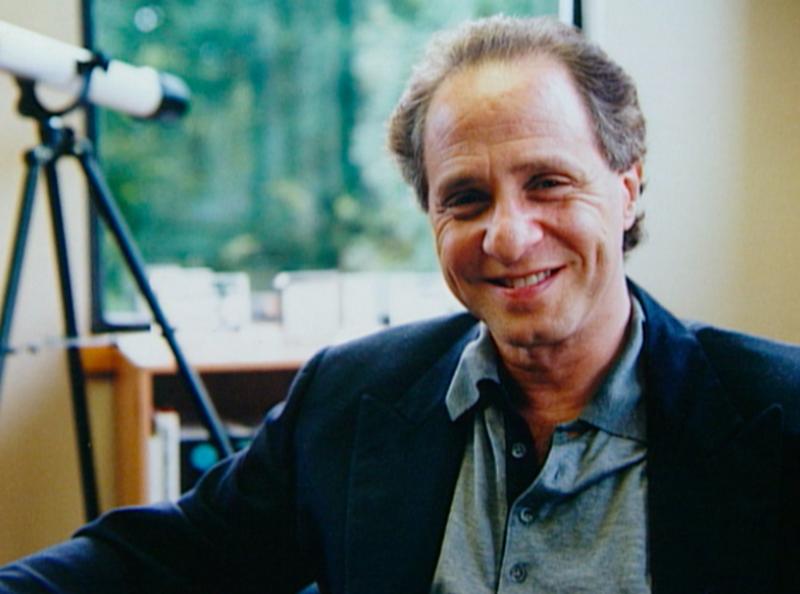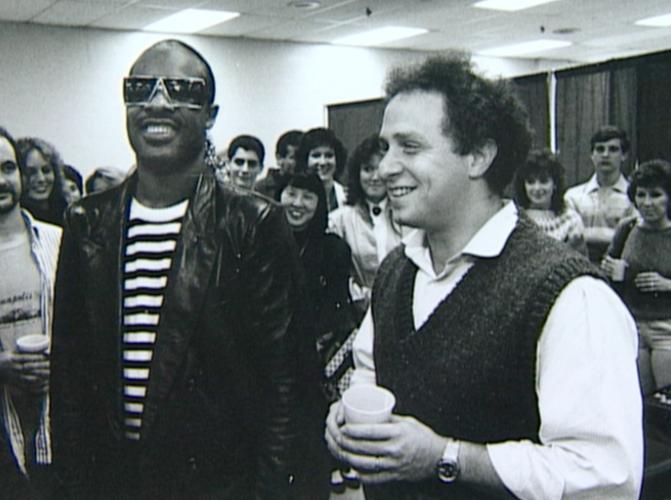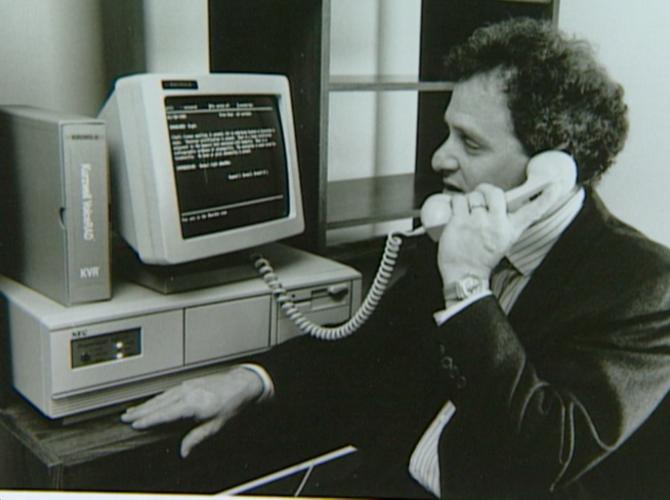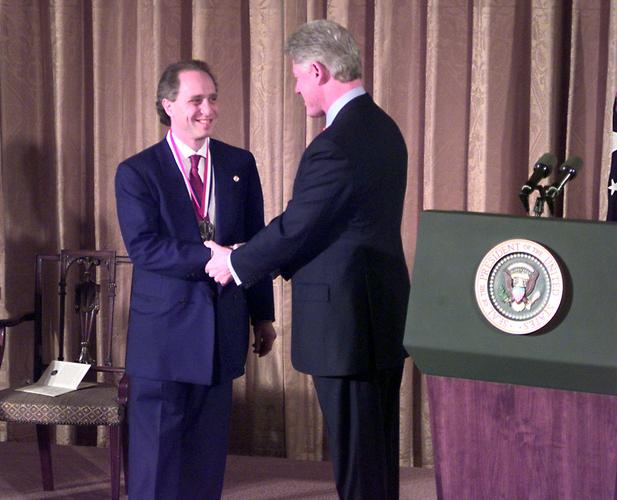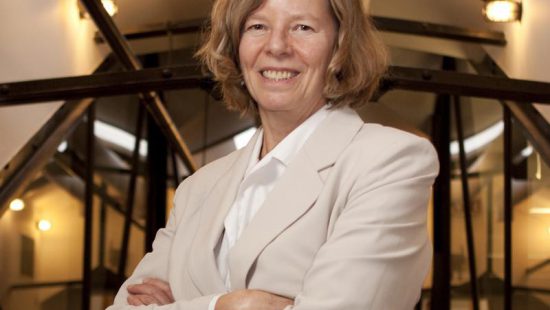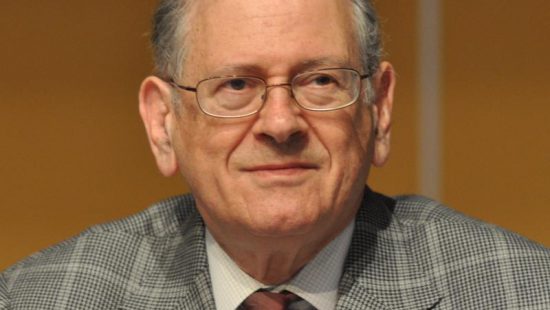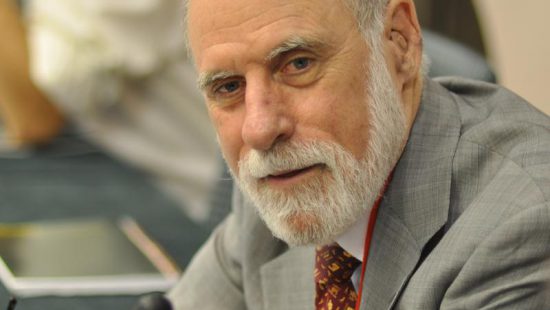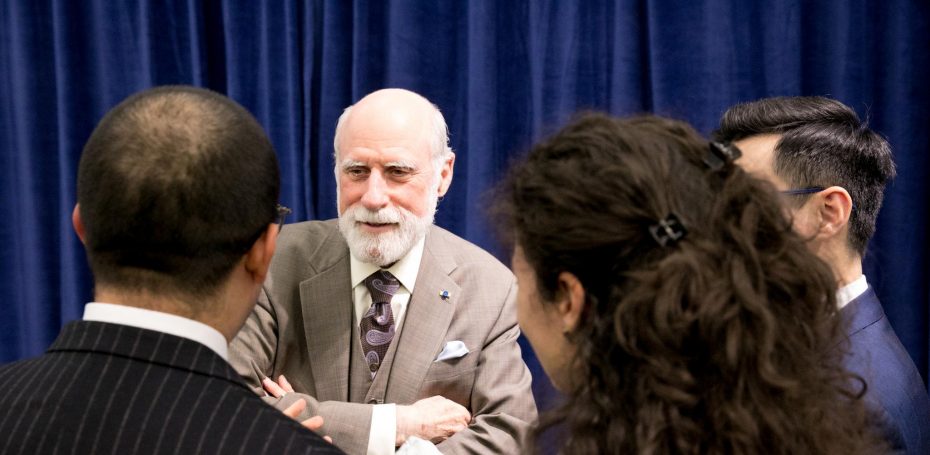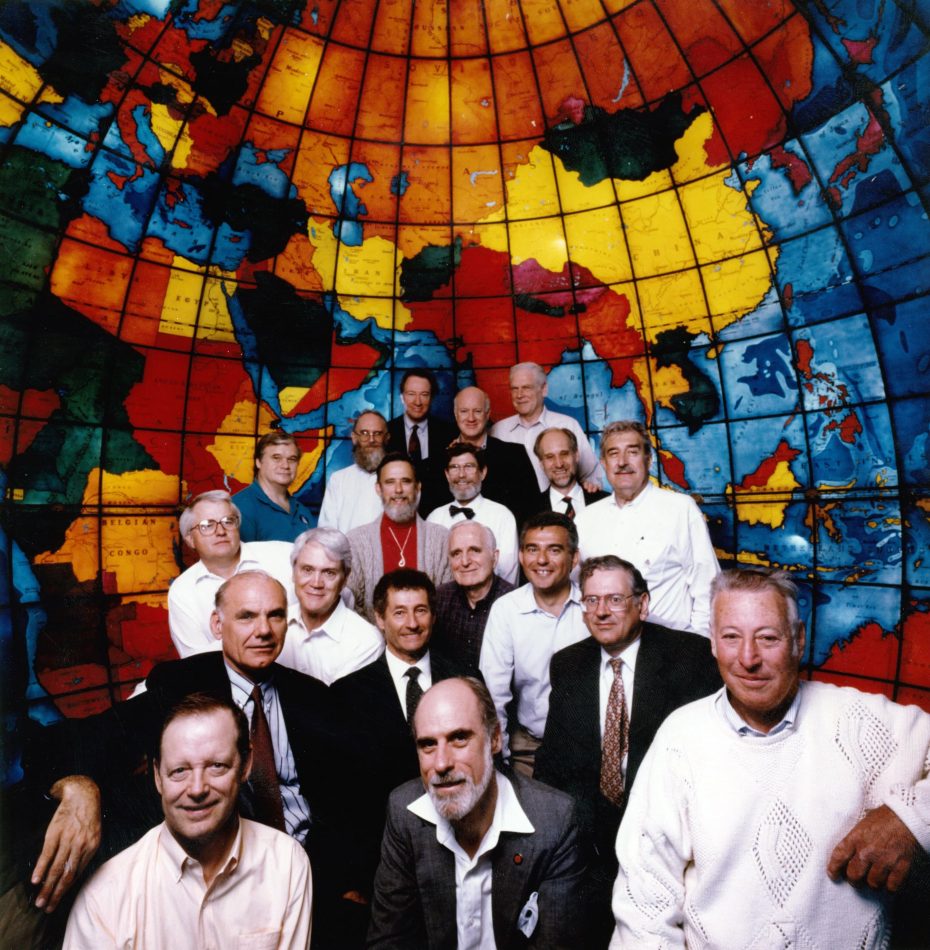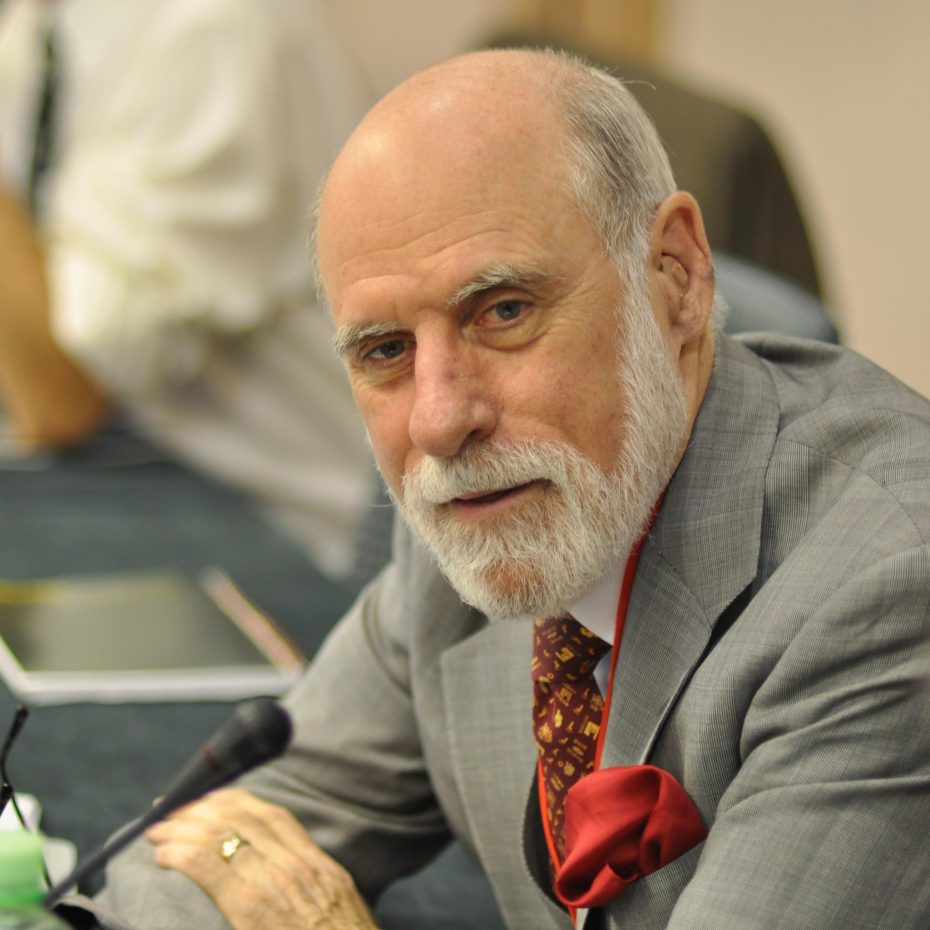Ray Kurzweil first made his public debut as a teenager in 1965 on the CBS show I’ve Got a Secret, showcasing the computer he built and programmed to compose music. His work since then has taken on a more utilitarian value, benefiting the disadvantaged and shaping the vision of tomorrow.
In 1975, Kurzweil developed the first print-to-speech reading machine after a conversation with a blind man he sat next to on a plane. That machine also included the first CCD flatbed scanner, a.k.a the modern day office scanner. He later developed the first voice synthesizer, the technology that lets you program your GPS to have a British accent. In 2012, Google named him director of engineering.
Kurzweil’s inventions and his projections on the evolution of A.I. have earned him nicknames like “the restless genius,” “the ultimate thinking machine” and “the rightful heir to Thomas Edison.” He has written five nationally best-selling books, and the media continually prods him for predictions on when machines will reach the point of “singularity” — surpassing human intelligence — and how humans and robots will one day coexist.
By Lauren Clason

